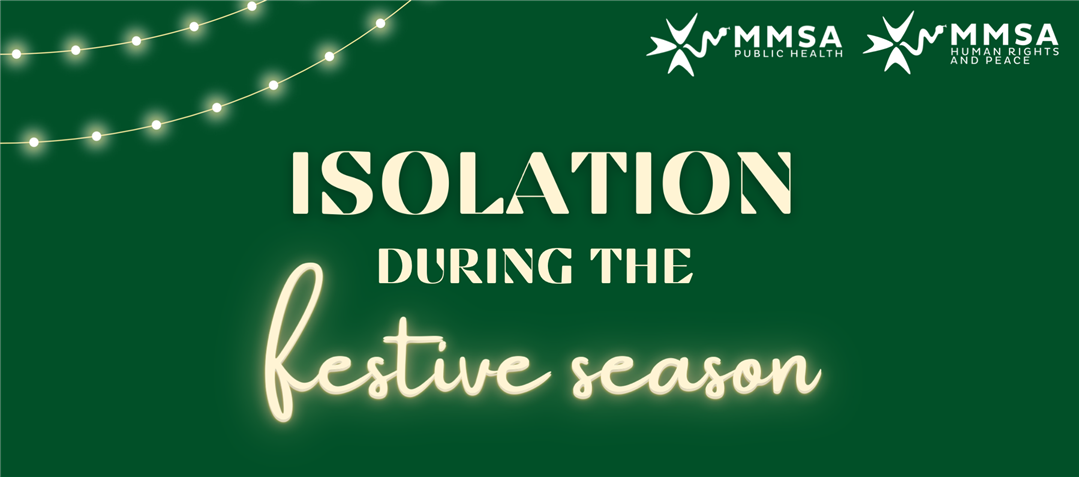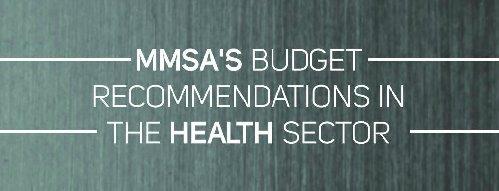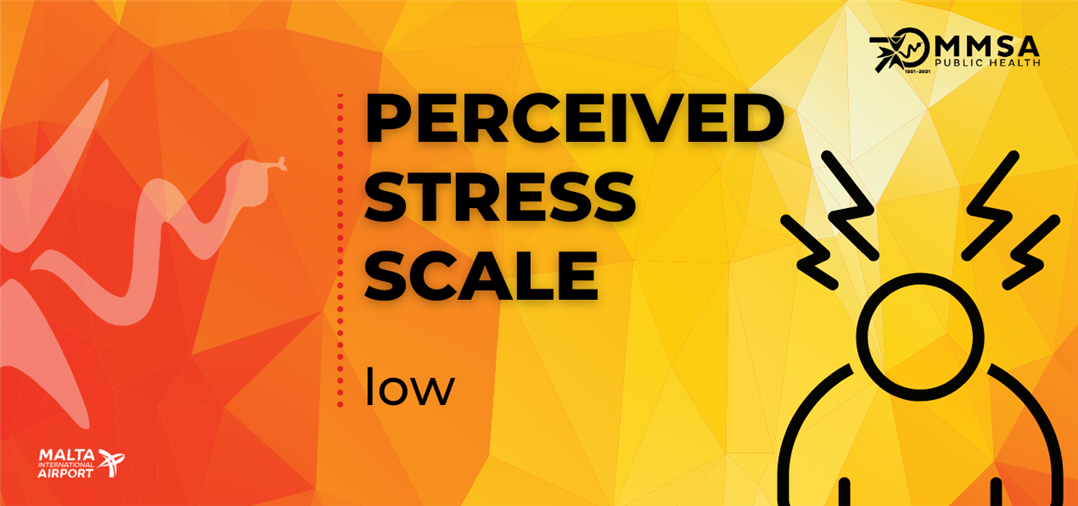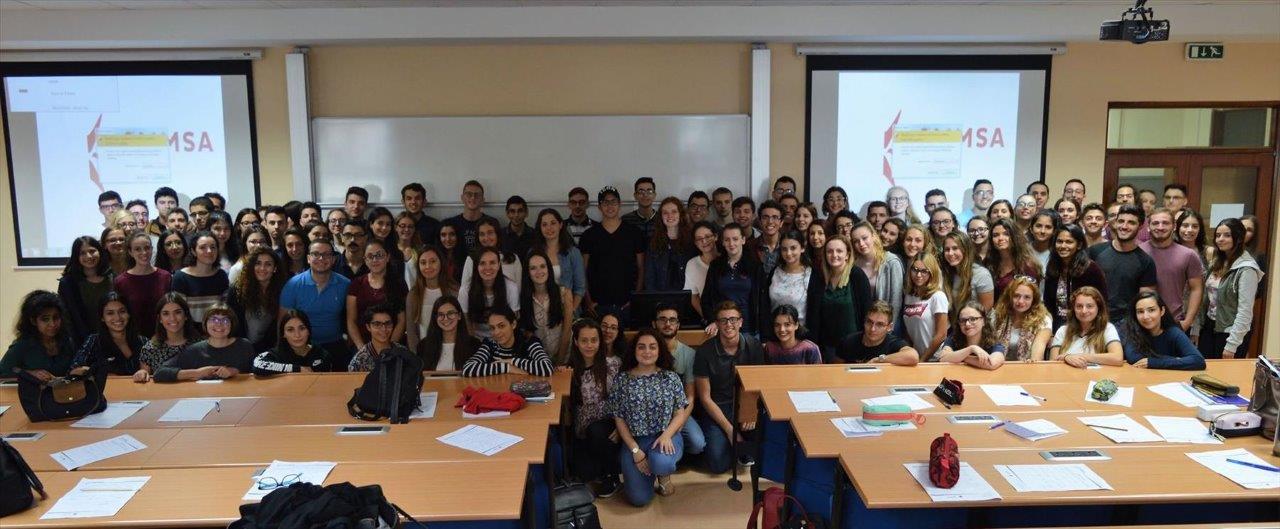By Corinne Muscat
Reviewed by Dr Daniel Vella Fondacaro
What is loneliness?
Although loneliness is a common sensation, different people experience it in different ways and for different reasons. Loneliness and being alone are not the same thing. Some people might enjoy life with minimal social interaction, whilst others might feel isolated in the situation. It is also possible to feel lonely when you are surrounded with friends and family because you feel emotionally distant. Even though loneliness is something which one can experience all year round, it becomes especially prevalent during the festive season when everyone is expected to be in a celebratory mood and spend quality time with friends and family 1.
Why do people feel lonely?
The holidays tend to be a difficult time for those people who do not have reliable social support. This includes those who are living far away from home, those who have troubled relationships with their families and those who have lost loved ones. What makes most people happy can actually make these people feel even lonelier. For example, the smell of Christmas cake might trigger the memory of a loved one who has passed. Additionally, the sight of happy families celebrating together might remind them of what they are missing and what they have been longing for in their life. It could be that they yearn for children or for better relationships. They could also long for a better income because they feel emarginated from the festivities due to their financial situation.
Even the media is full of reminders that it is the “most wonderful time of the year” from advertisements of decorations and gifts to films about the holidays being a magical time when everything falls into place. Social media can be even worse because it can misrepresent the true meaning of Christmas holidays with the false notion that your friends were successful at achieving the picture perfect idea of the holidays depicted in films. Therefore, it can encourage unrealistic expectations and make you feel like you are missing out 2.
What does loneliness look like?
From the outside, loneliness might not be obvious as people do not always appear sad and emotionally distant. If during the festive season someone is constantly saying negative things about the holidays, being irritable to others and using negative defensive coping mechanisms (such as excessive drinking), this could also be a manifestation of loneliness.
The following are some general signs of loneliness which can be observed throughout the whole year:
- Lethargy 3
- Increased screen time 4
- Lack of self-confidence5
- Impaired social functioning 6
- Anhedonia (inability of experience pleasure) 6
- Insomnia 7
- Increased appetite 8
- Substance abuse 9
The Effects of Loneliness
Feelings of loneliness are valid and they should not be dismissed because they can be damaging to both your mental and physical health.
Studies have shown that the greater the level of loneliness someone experiences, the greater the risk of developing depression 10. Those who experience persistent loneliness also seem to be predisposed to developing other psychological issues such as anxiety, excessive stress and eating disorders 11.
Although the physical effects of loneliness are less obvious than the effects on mental health, researchers have found that isolation can lead to chronic illness 12
Coping with loneliness
The detrimental effects of loneliness show that chronic loneliness cannot be ignored. The following are some tips which one can employ to minimize feelings of isolation during the holidays 1.
- Understand that you are not alone
A study which was conducted this year shows that 54.6% of the Maltese population feels lonely to some degree. Even if you do not generally feel lonely throughout the year, the holidays are a time of constant reminders of what you are missing in your life. Therefore, you should realise that what you are feeling is not abnormal and it is valid.
- Indulge in self-care
It is good to admit that you are frustrated by your situation. Once you acknowledge your feelings you can actively try to make yourself feel better by doing the things you enjoy like reading a book, watching a movie, cooking or going for a walk. Just because we associate the festive season with friends and family, it does not mean that you should be miserable about spending time on your own. It is possible to enjoy solitude if you take care of yourself and spend your time doing things you enjoy.
- Redefine expectations
During the holidays one’s sense of loneliness can be exacerbated because of the preconceived notion that during this time we should be partying, exchanging presents and being jolly. It is important to realise if you have this idea that your holidays should be picture perfect and remember that the sort of things seen in movies are not reality for most people. If you realise that social media is giving you unrealistic expectations and making you feel worse rather than helping you keep in touch with others, consider disconnecting for a while and being grateful for what you do have.
- Connect with people
If you feel lonely while being surrounded by people try to make an effort to reach out to them. If you are alone, consider calling an old friend or distant family members and speaking to them for a while. The festive season can also be an opportunity for reuniting with someone and catching up. Even simply writing holiday cards to loved ones can strengthen your bond with them.
- Give back to others
Helping others who are less fortunate might help you put things into perspective and cultivate feelings of gratitude. At the same time, you will be able to connect with people, while making a difference in the life of others. You can reach out to neighbours or friends who are going through a difficult time, or else you can volunteer with an organisation. For example, you can volunteer with the Foodbank Lifeline Foundation and help in assembling or distributing food parcels.
Helping loved ones who feel isolated
It is common for people who are feeling lonely to have a defeatist outlook on life and be sceptical as to whether others care about them. Therefore, they are often reluctant to reach out and initiate social interactions. This is why it is important to recognize when someone you know is struggling and to know how you can offer support.
If you are aware that someone has nobody to spend the holidays with and you want to help them, make an extra effort to include them in your own festivities by inviting them to an event, bringing them baked festive treats, sending them a card or calling them to let them know you care. If they refuse to participate, you can let them know you are there for them and ask them what you could do to help. If they confide in you and you feel that it is too overwhelming to deal with on your own, you could validate their feelings and encourage them to seek professional help 13.
What should I do if I am struggling to cope?
If you keep feeling an all-consuming sense of loneliness despite all your efforts, it might be time to speak to a mental health professional. Professionals can recommend resources and strategies which are tailored to your needs. Students studying at the University of Malta are offered free psychiatric and psychological support (including counselling sessions) on campus at the Health and Wellness Centre. To contact the Health and Wellness Centre, you can call on +356 2340 3988.
If you want to seek help but do not feel ready to do so in person, you can also make use of helplines or online resources.
- Aġenzija Appoġġ has a helpline which is 179. This is a national service which you can use to seek help in times of difficulty.
- Kellimni.com is a website which provides the opportunity to seek help from a professional while remaining anonymous.
- Richmond Foundation has helpline 1770 and also a live chat service called OLLI chat which you can use to seek help anonymously. Both of these service are available 24/7.
References
1. Mental Health First Aid USA. Loneliness: How to Cope During the Holiday Season. Mental Health First Aid from National Council for Wellbeing (2021).
2. Yuko, E. Why We Often Feel Lonely During the Holidays—and How to Cope (Especially This Year). Real Simple Magazine (2022).
3. Hawkley, L. C., Preacher, K. J. & Cacioppo, J. T. Loneliness Impairs Daytime Functioning But Not Sleep Duration. Health Psychol 29, 124 (2010).
4. Wongpakaran, N., Wongpakaran, T., Pinyopornpanish, M., Simcharoen, S. & Kuntawong, P. Loneliness and problematic internet use: testing the role of interpersonal problems and motivation for internet use. BMC Psychiatry 21, (2021).
5. Szcześniak, M., Bielecka, G., Madej, D., Pieńkowska, E. & Rodzeń, W. The Role of Self-Esteem in the Relationship Between Loneliness and Life Satisfaction in Late Adulthood: Evidence from Poland. Psychol Res Behav Manag 13, 1201 (2020).
6. Tan, M., Shallis, A. & Barkus, E. Social anhedonia and social functioning: Loneliness as a mediator. Psych J 9, 280–289 (2020).
7. Griffin, S. C., Williams, A. B., Ravyts, S. G., Mladen, S. N. & Rybarczyk, B. D. Loneliness and sleep: A systematic review and meta-analysis. Health Psychol Open 7, (2020).
8. Jaremka, L. M. et al. Loneliness Predicts Postprandial Ghrelin and Hunger in Women. Horm Behav 70, 57 (2015).
9. Copeland, M., Fisher, J. C., Moody, J. & Feinberg, M. E. Different Kinds of Lonely: Dimensions of Isolation and Substance Use in Adolescence. J Youth Adolesc 47, 1755–1770 (2018).
10. Kraav, S. L. et al. Depression and loneliness may have a direct connection without mediating factors. Nord J Psychiatry 75, 553–557 (2021).
11. Richardson, T., Elliott, P. & Roberts, R. Relationship between loneliness and mental health in students. J Public Ment Health 16, 48–54 (2017).
12. Petitte, T. et al. A Systematic Review of Loneliness and Common Chronic Physical Conditions in Adults. Open Psychol J 8, 113 (2015).
13. Mental Health First Aid USA. How to Support Your Loved One With a Mental Illness During the Holidays. Mental Health First Aid from National Council for Wellbeing (2019).







